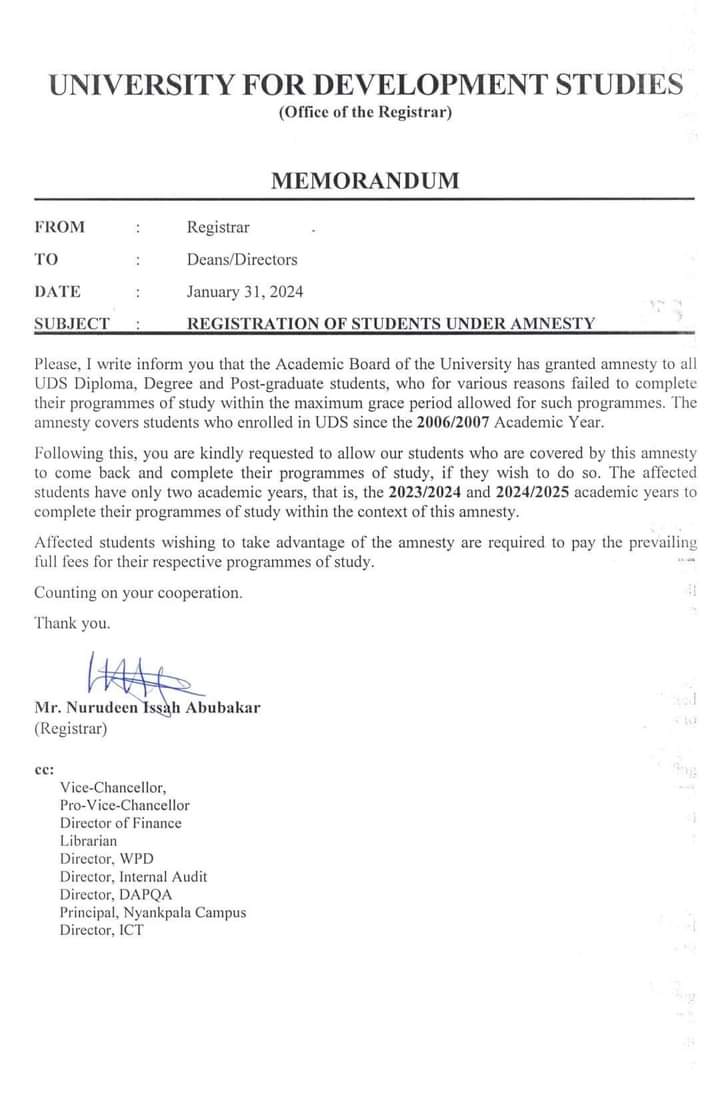

Throughout history, cultural beliefs have shaped the daily lives of communities, influencing everything from dietary habits to gender roles.
In some cultures, particularly in parts of Ghana, menstruation was enveloped in a web of taboos and myths, significantly impacting the lives of women.
In the northern regions of Ghana, there was a distinct taboo surrounding a staple dish known as wasawasa, traditionally prepared with yam.
Women who were menstruating were forbidden from cooking this dish. The belief held that menstruation rendered women 'unclean' for the preparation of wasawasa.
It was only after undergoing a spiritual bath, believed to cleanse them, that these women could engage in cooking the meal again.
This practice underscored the perceived need to separate menstruating women from certain communal activities, reflecting a deeper view of menstruation as something impure.
Similarly, in parts of the Volta region, the restrictions extended to all forms of cooking during menstruation. The taboo was rooted in the belief that menstruation had spiritual implications.
It was thought that a menstruating woman could harness her condition to perform rituals or cast spells. One of the prevalent myths was that during her period, a woman could concoct love charms to bewitch a man into falling in love against his will.
These practices, passed down through generations, highlight the powerful intersection of culture, spirituality, and gender.
Although such taboos have seen a decline—thanks to increased education and evolving cultural norms—they offer a poignant glimpse into how deeply ingrained beliefs can influence community practices and the everyday lives of individuals.
As cultures continue to evolve, understanding these past practices is crucial. It helps bridge the gap between old beliefs and modern perspectives, fostering a society that respects traditions while promoting gender equality and scientific understanding of natural biological processes.
Read Full Story





















Facebook
Twitter
Pinterest
Instagram
Google+
YouTube
LinkedIn
RSS